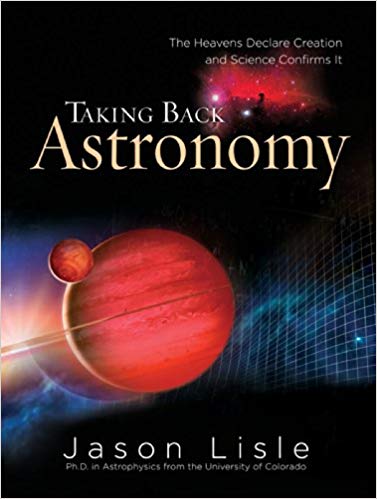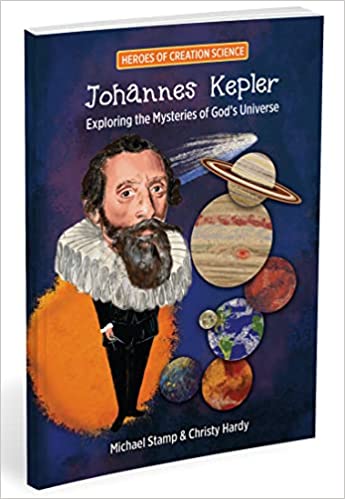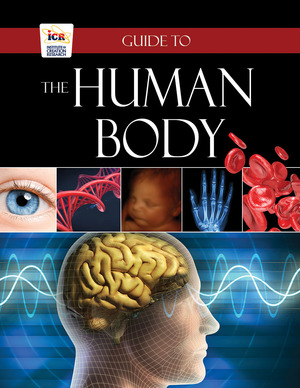Once the heady days of the moon landings had faded into history, many people grew bored with space exploration. Some Christians even concluded that the main objectives were atheistic or evolution-based anyway, so why should we support such endeavours?
It is certainly true that the main objectives for exploration of the solar system are based on evolutionary preconceptions. According to longtime NASA scientist Dr. Robert Jastrow, exploration of the moon initially did not seem very interesting to the NASA planners. In his 1989 book Journey to the Stars, Dr. Jastrow declares that the top people at NASA “were not terribly interested in the moon at that time, in fact, from a scientific point of view they did not know it existed …” (p 12). This was certainly strange when one considers that the mandate for the fledgling organization was to launch the US into space as soon as possible, and to explore what was there.
Since the moon is by far the closest body in space, it would make sense to consider it first. However it was only when Dr. Jastrow suggested that the moon might hold clues concerning the origin of Earth and of life, that NASA determined to visit our closest neighbour. Those were exciting times, from 1969 to 1972, but few clues, if any, were discovered concerning origins. So attention has turned to Mars and beyond. There is no doubt that the objective of studying Mars is to find life there. These scientists believe this will confirm their faith in the spontaneous origin of life and in evolution.
Dr. Jastrow, in his 1989 book later declared concerning the search for life: “Life on one planet – the earth – tells us nothing about the probability of life in the Universe, but life on two planets in one solar system would tell us nearly everything. For if life has arisen independently on two planets in a single solar system, it cannot be a rare and unlikely accident …. No scientific discovery more significant in its implications can be imagined” (p. 120, italics his but not bold).
Certainly then, the objectives of space exploration as currently pursued, are regrettable. This, however, does not prevent us from enjoying the wonderful images and information that the space probes send back. The variety we see in space is at the same time beautiful, and a challenge to explain by means of atheistic or mechanistic origins models. Thus while the astronomers’ objectives are poor, their results are a delight to study.
A number of creation based books on astronomy are available from our association. The Astronomy Book by Jonathan Henry at $21.00 includes beautiful colour photos. It is written for junior high readers. Also written at the junior high level are Voyage to the Planets by Richard Bliss and Donald De Young ($13.50) and Voyage to the Stars by Richard Bliss ($12.25). These books include numerous diagrams and line drawings.
A question and answer book for junior high or high school readers is entitled Astronomy and the Bible by Donald De Young ($11.25). Two excellent adult books include God and Cosmos by John Byl ($23.00) and Faith, Form and Time by Kurt Wise ($23.00). This latter book deals with many topics but chapter 6, entitled “The Maker of Heaven” provides interesting insights on astronomy. Lastly for young children, the book The Amazing Story of Creation by Duane Gish ($22.50) includes discussion of the creation of light, the sun, moon, stars and other bodies in space as well as other topics.
So the answer to this frequently asked question, “Who cares about space?” is that we do!
April 2004
Subscribe to Dialogue







